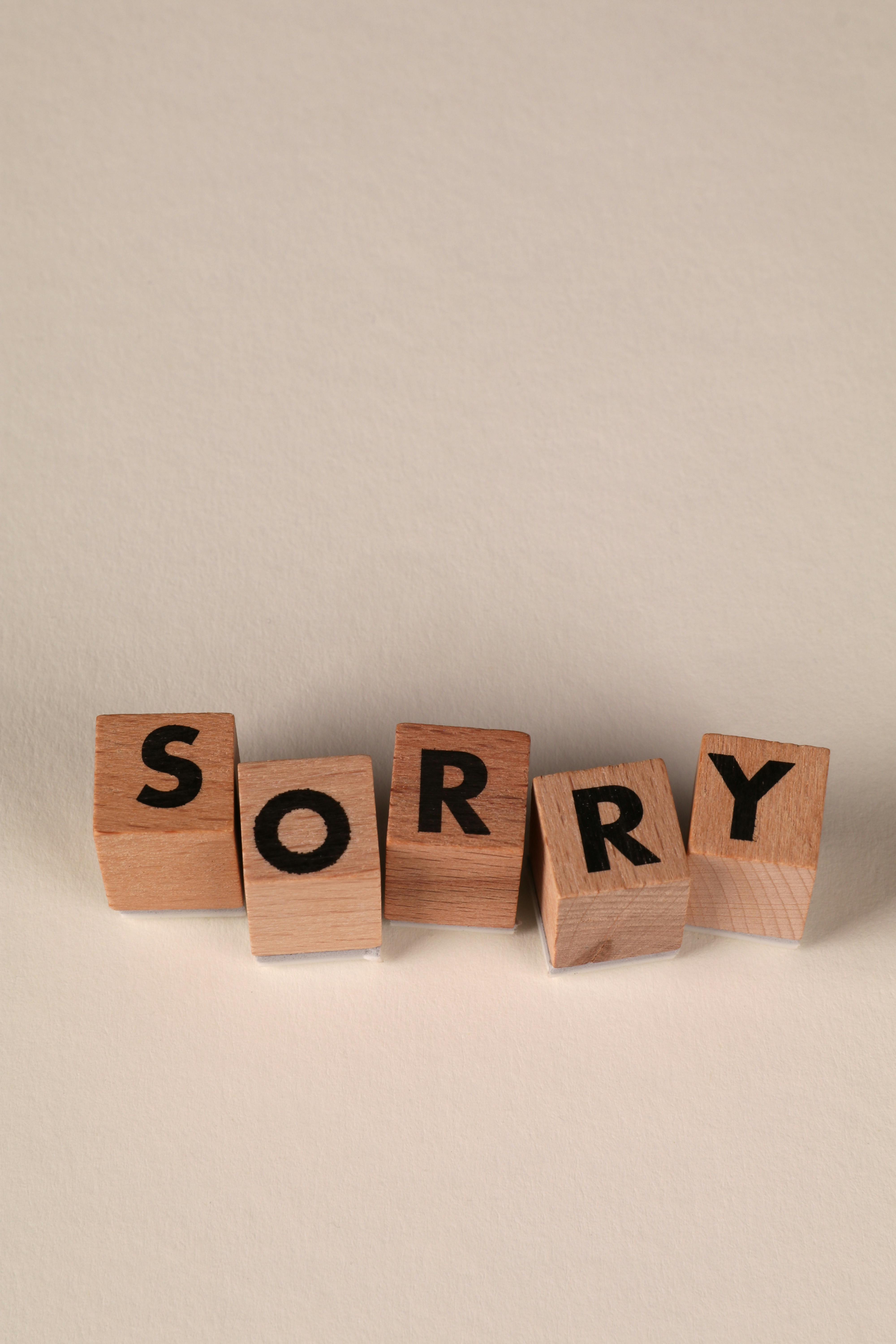Do You Ever Notice Yourself Saying, “It’s all my fault”. Even When Deep Down You Knew It Wasn’t?
You’re not alone in your journey. So many people, especially those who are sensitive, empathetic, and Kind-Hearted.
those who deal with emotional stress, Often blame themselves for things and small mistakes that are go wrong—even when they are not truly responsible. Blaming yourself for everything can feel like carrying a heavy emotional pain and weight.
In This Article, Let’s Discover What’s Behind This?
and how self blame affects your mental health, and most importantly—how to break free from this painful bad habit.
What Is Self-Blame?
Self-blame is the habit of keeping yourself to responsible for bad outcomes, faults, mistakes, or even other people’s emotions and feelings.
While it’s important to take responsibility for your actions, constant or excessive self-blame becomes harmful to your mental health. It can lead to:
🔸Anxiety
🔸Depression
🔸Low self-esteem
🔸Overthinking
🔸Guilt
Difficulty to trusting yourself
Are you regularly feel like the problem in every situation, or constantly thinking about you are not good enough, it’s a sign that self-blame may be taking control of your way of thinking and mental space.
Why Do I Blame Myself for Everything?
Identifying the cause of self-blame is the first step toward healing. There are many psychological and emotional causes behind this behaviour.
1. Childhood Experiences :
A lot of habits comes from our childhood. If you experienced in an environment where you were blamed a lot, ignored, or made to feel “Not as much,” you may have started to believing that everything bad that happens in some way feels like it’s my fault, it feels like your mistake.
In case of your parents didn’t do this on purpose, repeated negative experiences can shape how you see yourself and this same negative thought keeps repeating.
2. Past Trauma :
In case you experienced trauma—especially emotional manipulation—you may blame yourself to understand what really happened.
For example, instead of thinking “they treated me badly,” your mind may say “I must have done something wrong to deserve it.” This thought pattern is common in trauma survivors.
3. People-Pleasing Behaviour :
Is it challenging for you to say “no”? Do you make an effort to keep everyone around you happy, even if it hurts you?
People-pleasers frequently criticize themselves. often take the blame just to avoid tension or discomfort. You might say sorry even when it’s not your fault—only to keep things smooth..
4. Low Self-Worth :
When you don’t feel good about yourself, it’s easy to believe that you are always in the problem and not good enough. You might think, “I’m not smart enough,” or “I often mess things up.”
This mindset can push you into blaming yourself, even in situations where you had no control in your hands.
5. Negative Thinking Patterns :
Sometimes, our minds get stuck in unhealthy thinking patterns. These include:
• Thinking everything is your fault and mistake.
• Believing “I always mess things up” after make one mistake.
• Mind-reading: Assuming others are upset because of you.
These thoughts are not true, but they feel real—and they hurt you.
Signs You’re Blaming Yourself Too Much Not sure if you’re doing this?
Here are some common signs:
• You say “sorry” very often, even for small things.
• When someone else is upset, we often take it personally.
• Someone keep replaying and talks to their mind, thinking of what you did wrong.
• We struggle to stand up for Ourselves.
• You feel responsible for fixing everyone’s problems.
If this feels relatable, it’s time to take action and care for your mental health.
How to Stop Blaming Yourself The good news?
You can break this habit with these: self-awareness, compassion, and healing strategies.
1. Practice Self-Compassion :
Instead of judging yourself roughly, talk to yourself like you’re talking to your friend.
Would you blame your best friend for something out of their control? No. Then why blame yourself?
2. Challenge Negative Thoughts :
Whenever you catch yourself thinking,
Make it a daily habit to Say kind things to yourself, such as:
• “Myself I gave my maximum effort.”
• “It’s okay to make mistakes.”
• “Not everything is my responsibility”
“This is all my fault,” stop and ask yourself:
• Is this truly my responsibility?
• Which proof do I have for this thought?
• Could I say this repeat someone else in the same situation?
Challenging your own thoughts is a powerful way to break the cycle of self-blame and this helps to your mental clarity.
3. Keep a Thought Journal :
Write down situations where you carried blame. Then try to understand what actually happened and what is what.
Are you sure it was your mistake? Could it be shared responsibility? Writing helps to provide clarity on your thoughts and see patterns in your way of thinking.
4. Learn to Say No :
You don’t need to carry everyone’s problems with your kind-Heart. It’s not selfish to set boundaries—it’s healthy.
When you stop saying yes to everything, you stop feeling to responsible for things that aren’t your responsibility to fix it.
5. Talk to a Therapist :
If your self-blame comes from your deep pain or trauma, a professional therapist can help you feel good and heal.
Therapy is a safe space to explore your past mistakes, they understand your emotions, and develop healing habits.
6. Surround Yourself with Positive People :
Spend time with people who supports and inspires you in every situation,
respect your feelings and emotions, and don’t make you feel guilty for being human.
Healthy relationships help you see yourself in a better position.
Final Thoughts :
You’re not responsible for everything that goes wrong. It’s a learned habit—and like all habits, it can be unlearned. Visit Website
The more you practice self-awareness and self-love, the less power to feel guilt and shame will take over you.
Remember: You don’t carry the burden of everything. It’s okey to make mistakes.
You deserve to forgive yourself, heal yourself and grow.
“✨Take the first step today, one thought at a time✨” Read More







